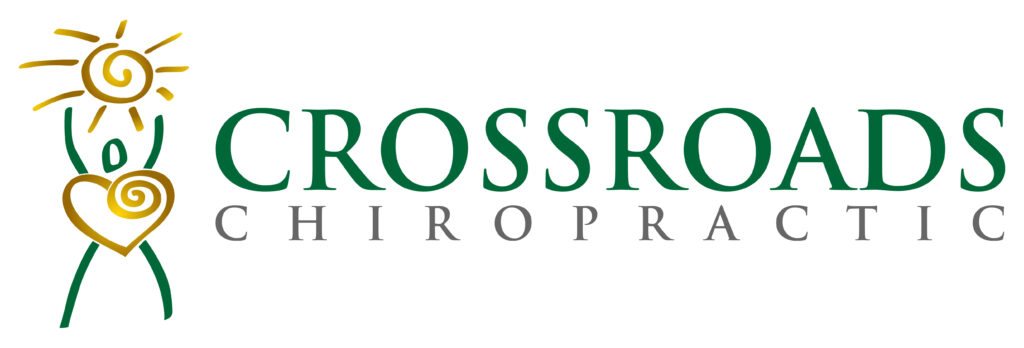In today’s society, sleep- and whether we get enough or not- is a hot topic of conversation. With people struggling in a difficult economy and working sometimes two or three jobs to get by, sleep is one thing that sometimes gets sacrificed. However, like chiropractic care, it is one of the key elements in helping your body function better and be able to heal itself.
So how important is sleep? The effects of sleep deprivation can be cumulative and profound. They can affect memory, can cause inattention and difficulty learning, affect reasoning, reaction time, function, and even cause illness/death. In the United States, the average number of fatal crashes caused by drowsy driving were 1,550 last year. Thirty-nine percent of health care workers have had a near miss accident at work because of fatigue last year, and nineteen percent have reported worsening a patient’s condition because of fatigue! Even officers and pilots, who are expected to be the most alert but who also have demanding jobs, have been affected by less then adequate sleep. One study stated forty-four percent of law enforcement workers reported having taken unnecessary risks while tired, while eighty percent of U.S Regional Pilots have reported they sometimes nod off in the cockpit. The sad part is sometimes sleep deprived individuals don’t even realize how tired they are and how affected their reaction time may be. Although sleep requirements vary slightly from person to person and depend on age (infants need more sleep then adults for example) most healthy adults need between 7.5 and 9 hours of sleep per night. Infants require around 16 hours per day, and teenagers require around 9 hours.
Although the amount of sleep people need may vary and some people may only need as few as 5 hours, the time you go to sleep is even more important and pretty universal. Getting to bed earlier at night and waking earlier in the morning results in having a more complete sleep cycle. Also, the more hours of sleep you are able to get before midnight the better you will process and function. A complete sleep cycle takes an average of 90-110 minutes and people usually go through several. Usually sleepers pass through 5 stages of sleep 1,2,3,4, and R.E.M (or rapid eye movement) sleep then repeat with stage 1. The first sleep cycles each nigh have relatively short R.E.M. and long periods of deep sleep but later in the night, R.E.M. periods lengthen and deep sleep time decreases. During stages 1 and 2, your body is transitioning from light sleep to deep sleep. Stage 3 and 4, Delta brainwaves occur which are responsible for deep sleep and are associated with the production and release of growth hormone (necessary for tissue repair), and the production and release of Serotonin, which is necessary for reducing a person’s perception of pain. Pretty much this is the time when repair of the body occurs and chemicals are released allowing people to feel better. R.E.M sleep is the period of time where dreams occur and the body is mentally able to “sort things out” that occurred that day and before. As you can see, all the stages of sleep are essential and by not getting enough sleep your body may not have the opportunity to heal physically or mentally/emotionally.
To ensure the ability to receive the best rest possible there are several things to consider during the day. Don’t drink caffeine/alchohol especially before bed, try to limit your intake of fluids as it gets closer to bedtime to avoid frequent nighttime urination, refrain from eating heavy meals (especially fatty and spicy foods which can be hard to digest) after 5pm, and if you take a nap, do not nap for more then 20 minutes. To get your body into a rhythm a sleep schedule is also very important. Go to bed and wake up at the same time every day- even on weekends. Make your bedroom sleep friendly- the darker the better with minimal to no noise and use your bedroom for sleeping and sleep related activity only. By avoiding watching TV or reading in bed your brain will be less stimulated and more relaxed and you will program yourself to get used to falling asleep faster when your head hits the pillow. If you have trouble falling asleep, getting up and walking around or doing a relaxing activity like stretching or yoga can help.
A lot of these tips are common sense but the little reminder can help make a world of difference in how productive you are the next day. Remember sleep is an essential part of what heals the body and helps you function so make time to rest. Sleep, along with being well adjusted, allows the nervous system and the rest of the body to work at its optimum and both go hand in hand. No matter what your age, I hope this information helps you to put more of a priority on the sleep you receive each night and make some positive changes if needed. If you have any questions about how you can sleep better don’t hesitate to talk to one of us at Crossroads Chiropractic or look for one of Dr. Stephanie’s upcoming “Sleep Well” seminars.
